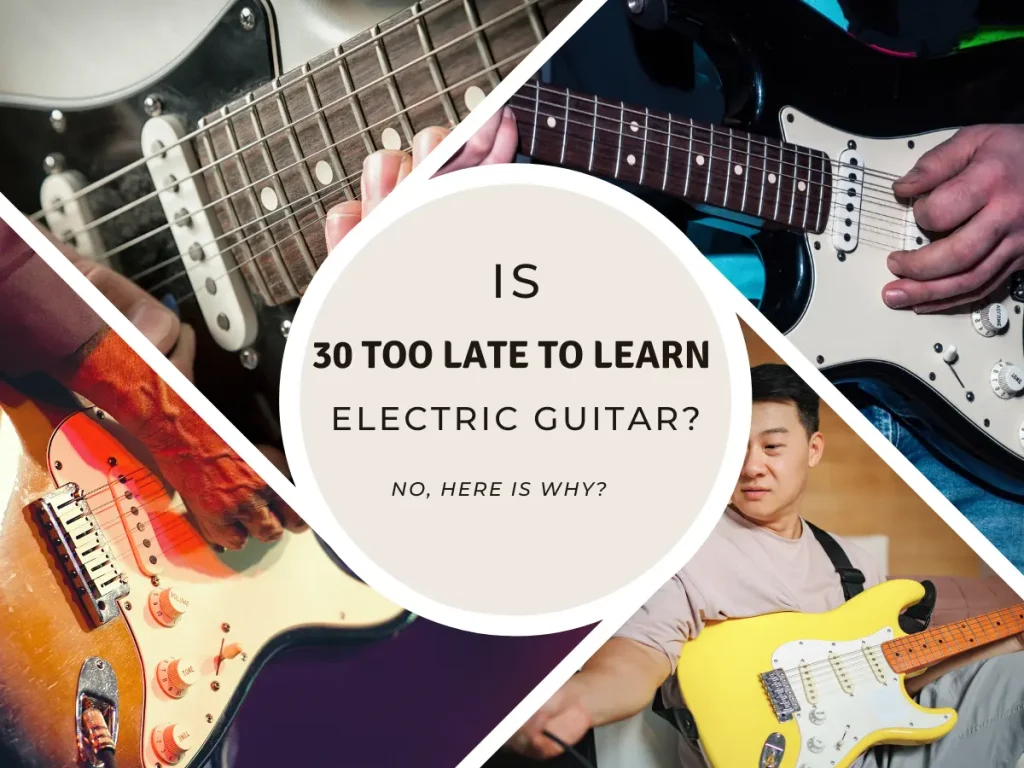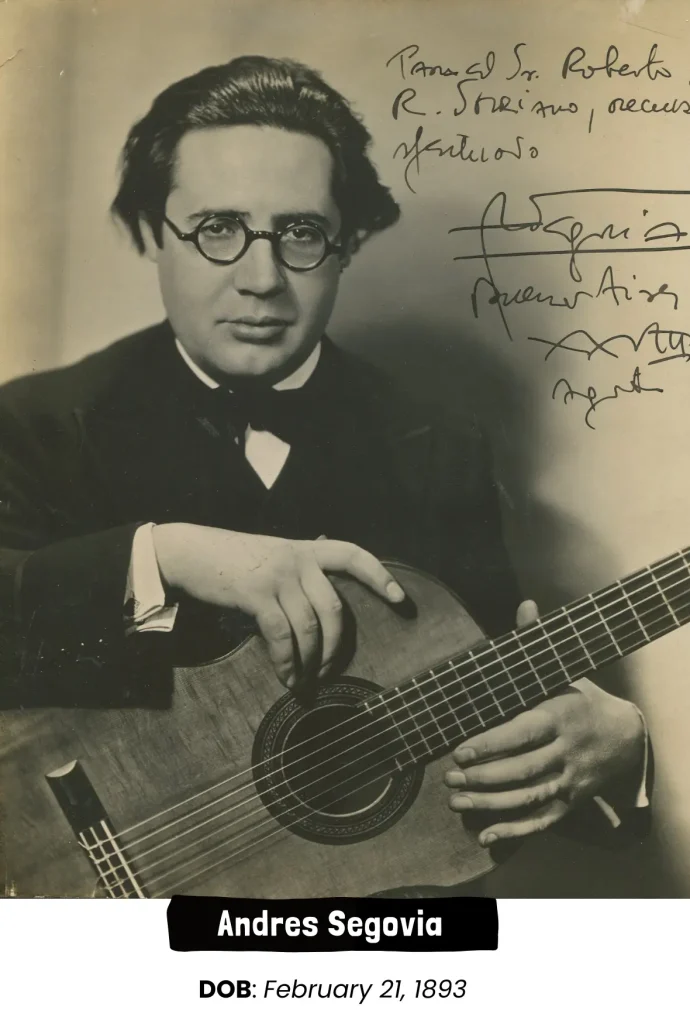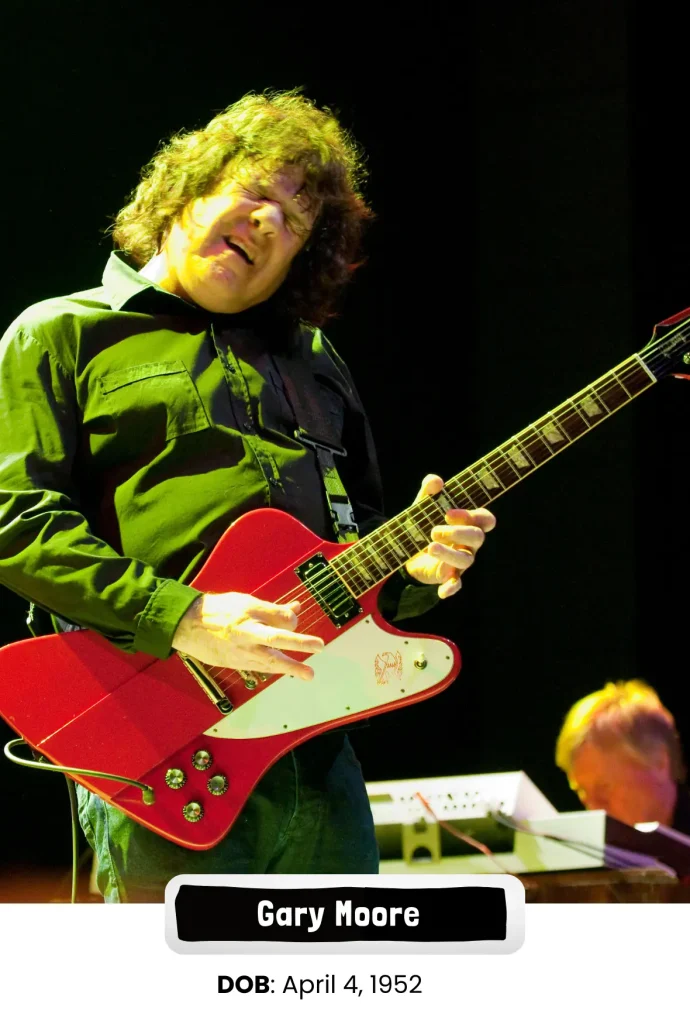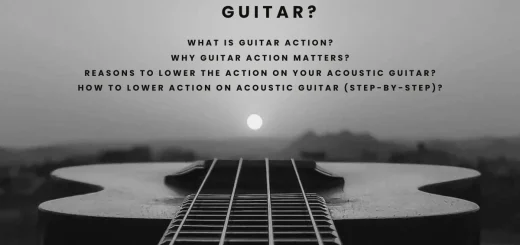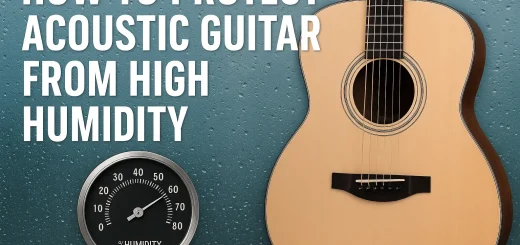Jaxon
"Hi, I'm Jaxson, a guitar lover and writer. I share my passion for guitars through my blog, where I publish articles and tips related to this amazing instrument."
You may also like...
-
Who is the Best Acoustic Guitarist in the World Right Now? (2025 Updated)
by Jaxon · Published 17/09/2025
-
How to Lower the Action on Acoustic Guitar? (Complete Guide 2025)
by Jaxon · Published 19/09/2025 · Last modified 20/09/2025
-
Protect Your Acoustic Guitar from High Humidity: Complete Guide
by Jaxon · Published 15/09/2025 · Last modified 16/09/2025

